As CTO at Dow DuPont, Neal Gutterson is poised to have a busy year. The prevailing wisdom, since the Dow Chemical and DuPont merger wrapped up in August, is that innovation is set to speed up for the seed and agrichemical giant.
One such innovation on its way to market is DowDuPont’s first genetically edited (GE) product – a new waxy corn variety that the company is already working to educate growers and the public about, though it likely won’t be available until 2020.
We caught up with Gutterson ahead of the World Agri-Tech Innovation Summit, where he is a keynote speaker, to discuss the strategy behind Dow DuPont’s first GE product and the company’s digital strategy going forward after it acquired farm management software startup Granular in August.
Which link in the supply chain will have the most sway over the public conversation about gene editing and what is the strategy behind starting with waxy corn as Dupont’s first CRISPR edited product since it doesn’t seem like an obvious consumer benefit?

When we think about technology and about the consumer as a key constituent for the use of technology in the food supply, the applications are of course broader than the set we have seen so far. Gene-editing technology will be used, we hope, very broadly in specialty crops, vegetables for example, where there will be more direct and tangible consumer benefits than from a product like waxy corn.
I think, certainly, if the regulatory paradigms around the world are appropriately tuned to the fact that edited products are very similar to ones consumers have eaten for a long time, developed in conventional breeding, then the products will be broadly created by a wide range of companies. And that alone, we think, will be the most important thing to help build the trust that’s critical in the market for the consumption of foods made through CRISPR technology. Now clearly, most of what we sell is in general more attuned to farmer benefits, although we’re certainly thinking broadly about benefits to the consumer as well.
So all of that to come back to, why did we pick waxy corn as our first product? We spent a lot of time thinking about what would be the best way to introduce the market to products made using CRISPR for targeted breeding. We wanted to start with something that was a pretty familiar product to farmers, and waxy corn has been sold for generations in the food supply in industrial and food uses. There is also certainly the ease of developing the product because the genes are well known. And of course, this is a way to offer our customers the opportunity to try a new product while they still have access to the existing conventional waxy corn. We think the advantages will be really evident in improved yield and overall performance.
So those are some of the issues that we thought about even though it’s not a consumer-oriented product. We will certainly have many products that are targeted to the farmer, and some over time that will be targeted to the consumer.
It sounds like you feel that regulators have a big role to play in consumer perception. Is that right?
I think it’s a piece of it. When we think about the future, when we think about technology adoption for any new technology, whether it’s digital or gene editing, there’s obviously an adoption curve, a time for society to get comfortable. So we think what we need to achieve this is social license and social license has regulation as a piece of it. There still is, I think, the belief that if government agencies look at something and consider it to be safe, as we do, that’s good. So some level of oversight is good. We think it actually helps social license, although it is only one contributor to that outcome. An appropriate regulatory framework is necessary but not sufficient for full technology adoption.
Obviously, Dupont’s acquisition of Granular made big waves in the agtech scene. What are you hearing from customers about their desires around digital services?
That’s a great question. Our customers, if you think about them broadly and globally, are in very different stages of digital adoption in different parts of the world. But I think the most fundamental issue is really simplifying their lives. If you look at the history of major products and technology changes over the last 20, 30 years, often it’s simplicity and convenience that drives most value. Granular offers farmers a way to better understand the total management system of their farm, using simple and convenient software products.
I think farmers are inundated with complexity today. We know that a typical farmer in North America has a series of 50 to 60 decisions they need to make in the growing season, and throughout the year as they plan for the next growing season. And each of those decisions has an impact on profitability, it may have an impact on the environment, and I think there’s a real desire for tools that help them better understand where real profitability comes from.

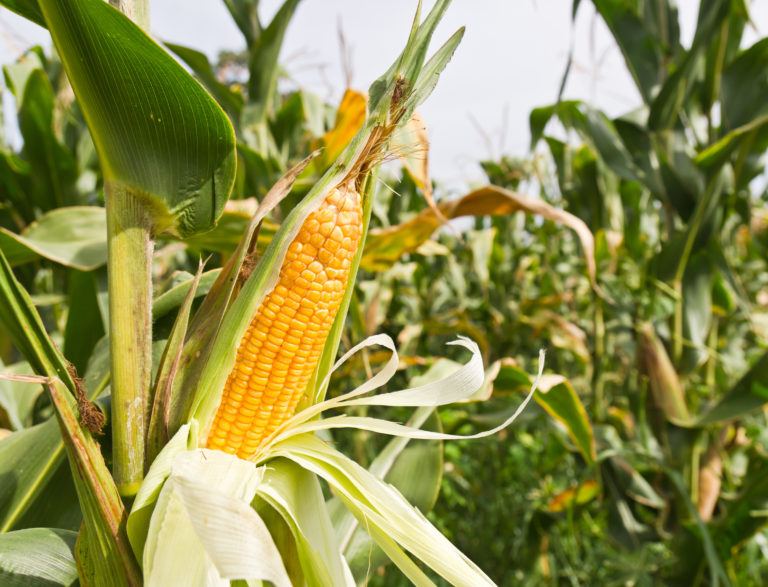
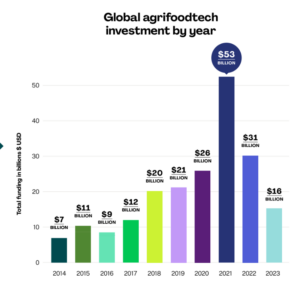



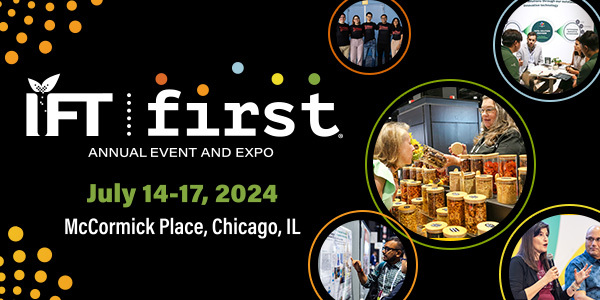
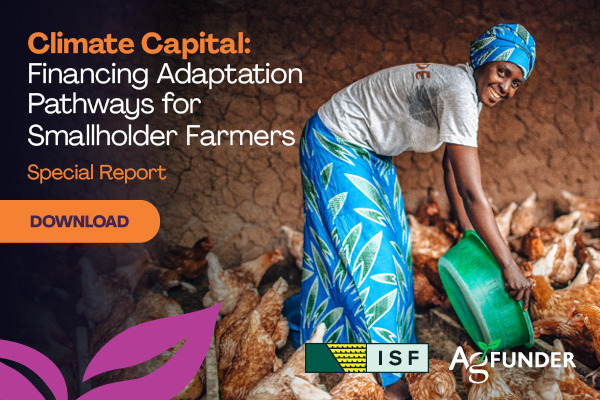
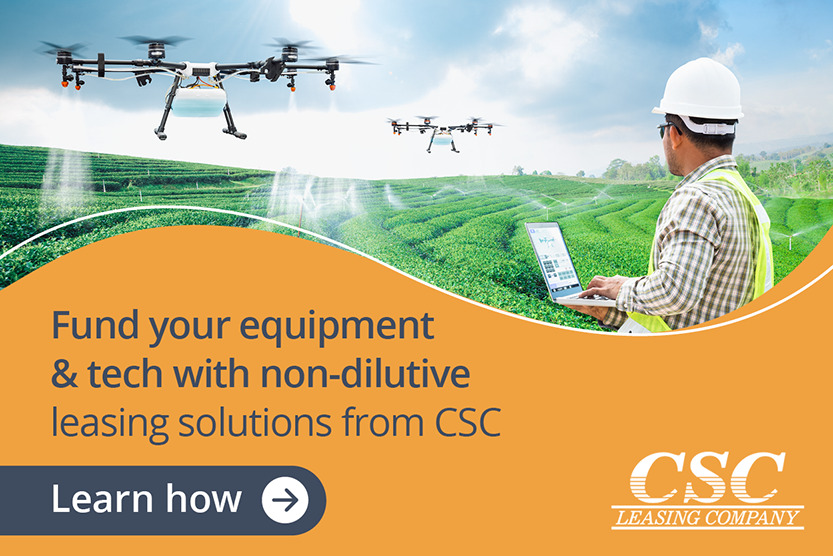
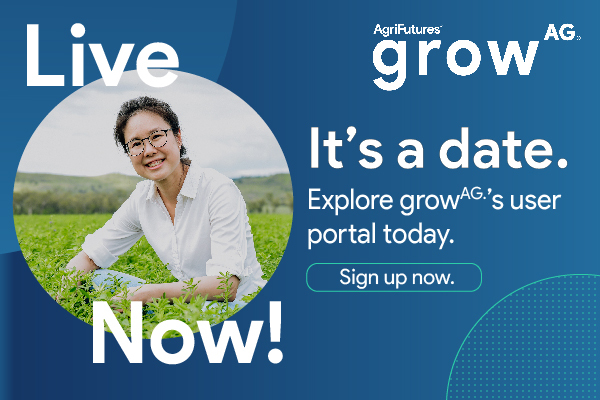

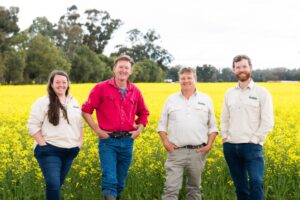


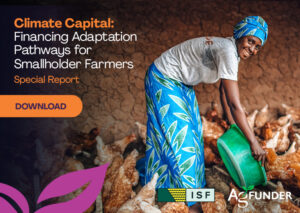

Sponsored
International Fresh Produce Association launches year 3 of its produce accelerator